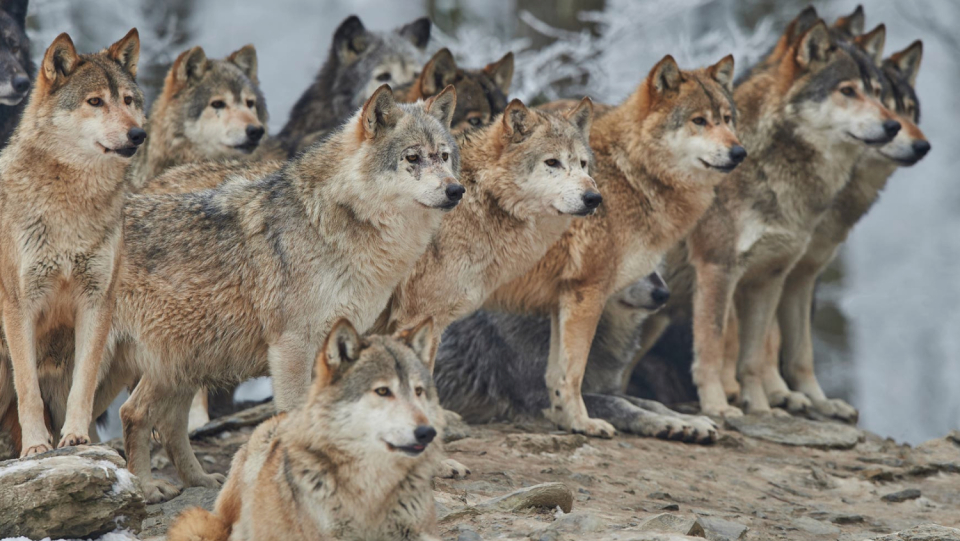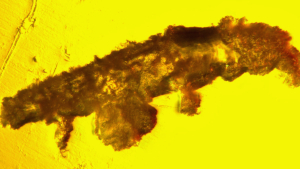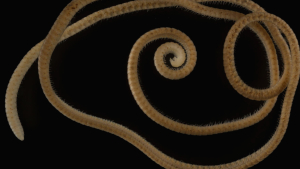Gray wolves affected to toxoplasmosis seem to become packed leaders much more frequently than non -infected conspecific. This is what American scientists report in "Communications Biology". The neuroparasite make the animals more aggressive, which could be an advantage in the fight for leadership. Wolves infected with the uneller toxoplasma gondii are therefore 46 times greater the pack leader.
In many species of animals, it is known that such an infection greatly changes their typical behavior. Whether the neuroparasite also causes behavioral changes in humans is still the subject of controversial debate. Studies report, among other things, in road traffic, a more reckless behavior among infected people, a greater urge to entrepreneurship, as well as a proximity to pathological hot temper. However, all these studies only show correlations, not a causal relationship.
For the current study, the team led by biologists Connor Meyer and Kira Cassidy analyzed data on the behavior and distribution of gray wolves (Canis Lupus), which were collected between 1995 and 2020 in the Yellowstone National Park in the US state of Wyoming. In addition, they took blood samples from 229 anxious animals, which they examined on antibodies against toxoplasma gondii.
The biologists observed that infected wolves behaved more riskily. This was expressed, for example, in a greater probability of leaving the pack earlier, both in males and females. A behavior that makes perfect sense with regard to the spread of the pathogen: the pathogen is more likely to reach areas where it has not circulated before. It has a similar effect when infected animals become pack leaders.



















